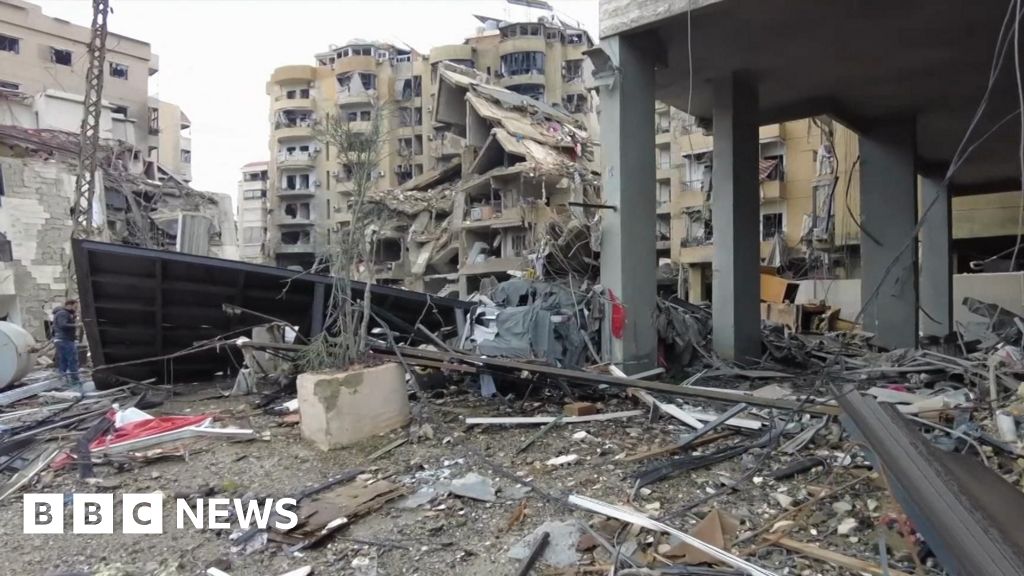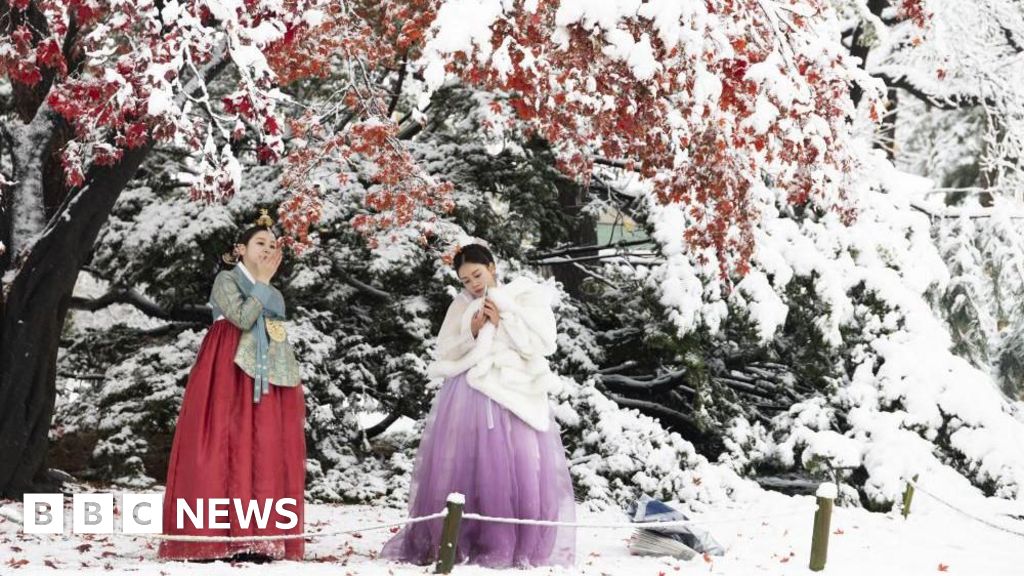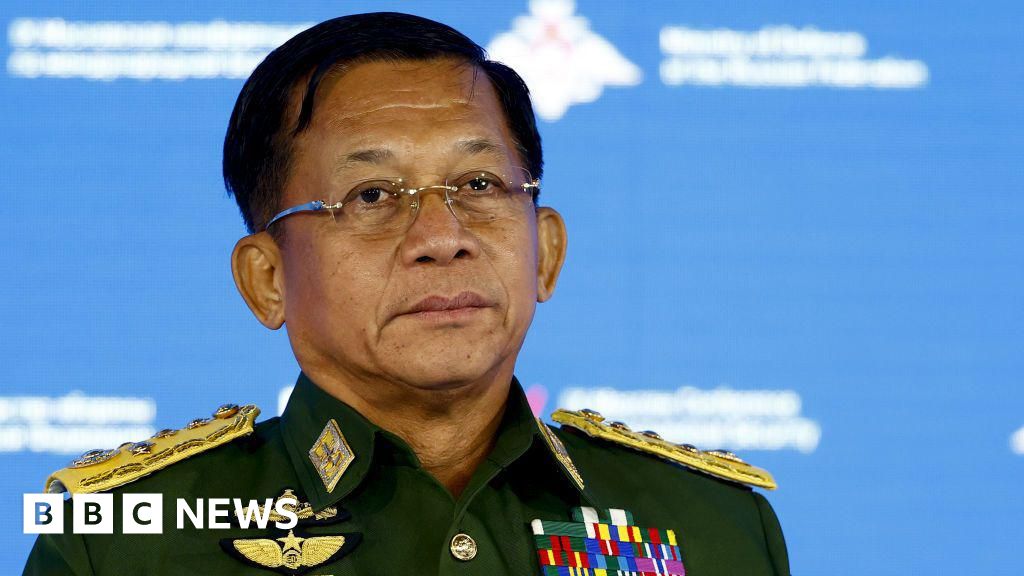ARTICLE AD BOX
Just now
By Peter Bowes, BBC North America correspondent • Jaroslav Lukiv, BBC News
Donald Trump has hailed as a "big win" for democracy a Supreme Court ruling giving him partial immunity from criminal prosecution.
The justices found that a president had immunity for "official acts" but was not immune for "unofficial acts", and referred the matter back to a trial judge.
Monday's judgement will further delay the criminal case against Mr Trump for allegedly trying to subvert the 2020 election result that gave victory to Joe Biden.
A spokesman for the Biden re-election campaign reacted angrily, saying: "They just handed Donald Trump keys to a dictatorship."
The trial judge must now determine which actions were carried out in Mr Trump's capacity as president, which could take months. Any trial is unlikely to start before November's election.
This is a huge boost for Donald Trump - a "big win" as he put it on his social media platform Truth Social.
The Supreme Court ruled that all former presidents have partial immunity from criminal prosecution - total immunity applies to acts carried out as part of the president's official duties, but "unofficial acts," in a private capacity, are not covered.
A lower court judge will now have to decide which aspects of the president's behaviour are relevant to the criminal prosecution where he's accused of trying to overthrow the result of the 2020 election.
Through his tweets and remarks on 6 January 2021, Trump is alleged to have incited the riot at the US Capitol. But the court ruled that his speech and social media activity that day had been all official acts.
The three liberal justices on the Supreme Court strongly dissented from the decision. Justice Sonia Sotomayor said: "The President is now a king above the law."
A spokesman at the White House offered President Biden's view that "nobody is above the law".
Democratic Congresswomen Judy Chu said the fallout from the court's decision would be far-reaching.
“It’s a victory for Donald Trump, and it’s a true blow for democracy in America. The implications of this decision are overwhelming. If a president says in any official capacity that they want to do something that we would consider to be improper and criminal, he could be immune from the actions that he takes," she said.
The court's six-three ruling - a landmark decision split along party lines - does not dismiss the charges against the former president but it will significantly delay any trial - if it is ever to go ahead - until well after the 5 November election.
The ruling will also apply to the other outstanding criminal prosecutions facing Donald Trump, relating to the top secret documents found at his home in Florida, and the case in Georgia where he is accused of conspiring to overturn his narrow election defeat in the state.

 4 months ago
25
4 months ago
25








 English (US)
English (US)